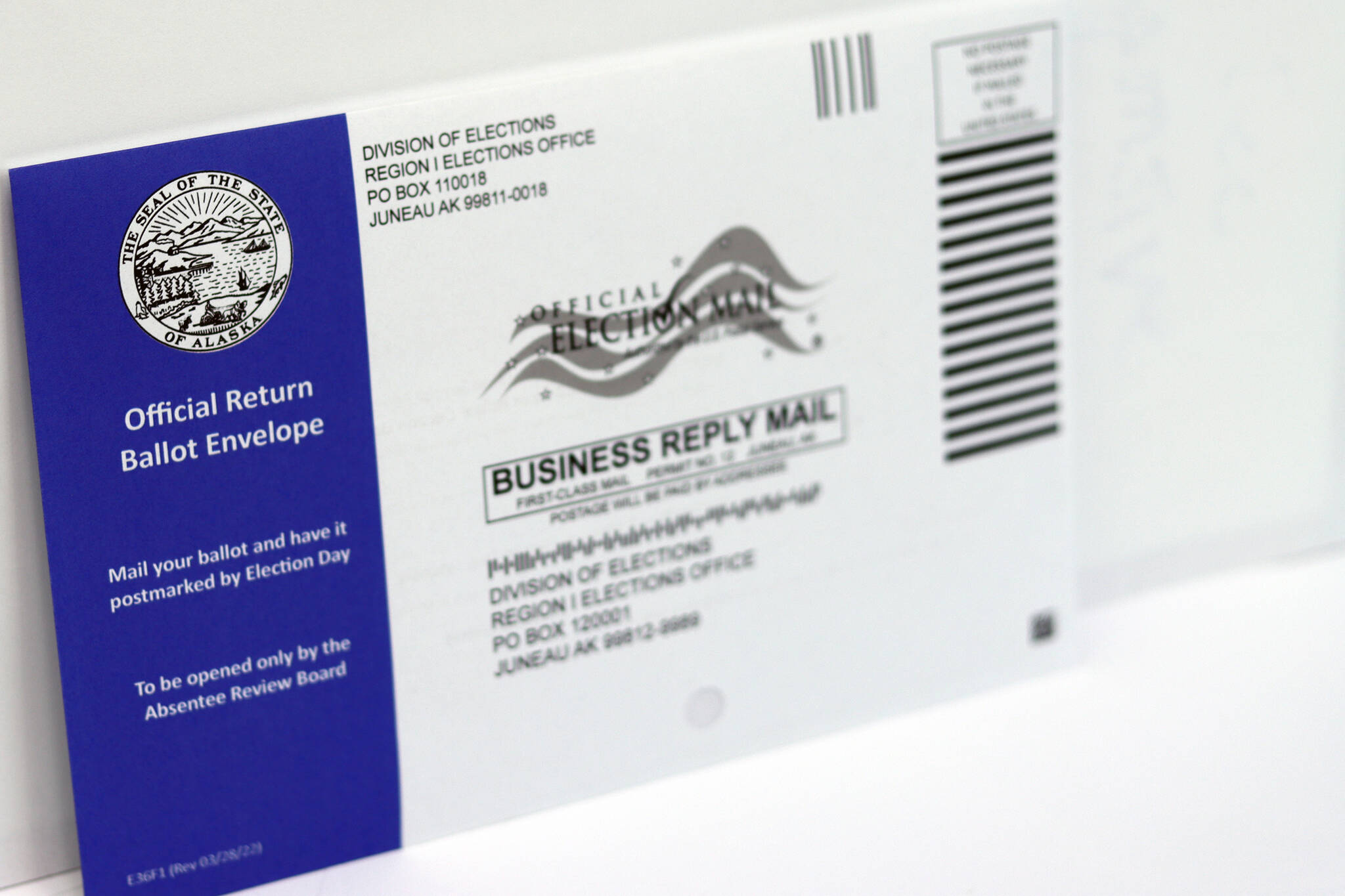This article has been updated to reflect a late Friday ruling.
Saturday, June 11, is election day in the special primary election to choose someone to serve the remaining months in former Rep. Don Young’s term in the U.S. House of Representatives. Alaska’s longtime representative died in March at 88.
Ballots must be postmarked or physically received by the Alaska Division of Elections by Saturday, according to the division’s website. Ballots must include a signature, an identifier and a witness signature. Identifiers include an Alaska driver’s license number, date of birth or the last four digits of the voter’s Social Security number.
In Juneau, the Division of Elections’ office in the Mendenhall Mall will be open 7 a.m.-8 p.m. on election day, according to the division’s list of absentee and in-person voting locations.
This election is the first in Alaska to be held under a new system narrowly approved by voters in 202o, and it will winnow a field of 48 candidates down to four.
Under the new system, all candidates appear on the same ballot regardless of party, voters are able to vote for only one candidate and the top four vote-getters in this special primary will go on to a special general election to be held on the same day as the regular primary, Aug. 16. The special general election will mark the debut of ranked choice voting.
According to the division, election results are expected to be posted Saturday night —likely between 8:30 and 9 p.m. —but second, third and final ballot counts are scheduled for June 15, June 17 and June 21, respectively. June 21 is also the deadline for the division to receive absentee ballots.
That means results could shift as additional votes are counted. June 25 is the target certification date for the special primary election, but that date was thrown into doubt Friday by a ruling that results could not be certified until visually impaired voters are given a “full and fair opportunity” to participate in the election.
Early turnout is relatively strong for a primary election. As of Wednesday evening, Division of Elections reported 119,279 votes had been received. For comparison, in the 2020 primary 133,569 ballots were cast, according to Division of Elections figures. Both numbers fall well short of the 361,400 ballots that were cast statewide in the 2020 general election, which included a presidential race, a House race and Senate race.
A frequently asked questions packet shared with the media is blow:
Want more information? Nineteen candidates responded to a League of Women Voters of Alaska survey, which appears below. Or read election-related coverage and interviews with candidates, which also appears below.
Election-related coverage
— Candidate crowd balloons on last day to register for special election
—No-drama Brelsford runs for Congress
—Trump endorses Palin’s congressional bid
—Coghill says Congress needs his experience
— Lowenfels wants to go from gardener to government
— Sweeney cites experience in run for Comgress
— Republican candidates make their case in Juneau
— Alaska Native candidates square off in virtual forum
— Unusual House primary draws, Palin, Santa, 46 others
— Begich touts fiscal conservatism in House race
• Contact the Juneau Empire newsroom at (907)308-4895.

